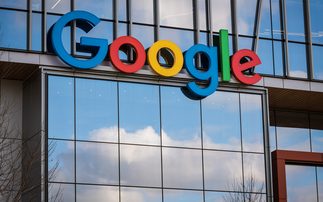Cost-saving culture is ongoing struggle for BBC IT leaders, says data manager Simon Griffiths
The BBC is is holding back on developing a bring your own device (BYOD) strategy as it "does not like to be at the bleeding edge" of technology, the organisation's data and reporting improvement ma...
To continue reading this article...
Join Computing
- Unlimited access to real-time news, analysis and opinion from the technology industry
- Receive important and breaking news in our daily newsletter
- Be the first to hear about our events and awards programmes
- Join live member only interviews with IT leaders at the ‘IT Lounge’; your chance to ask your burning tech questions and have them answered
- Access to the Computing Delta hub providing market intelligence and research
- Receive our members-only newsletter with exclusive opinion pieces from senior IT Leaders






















